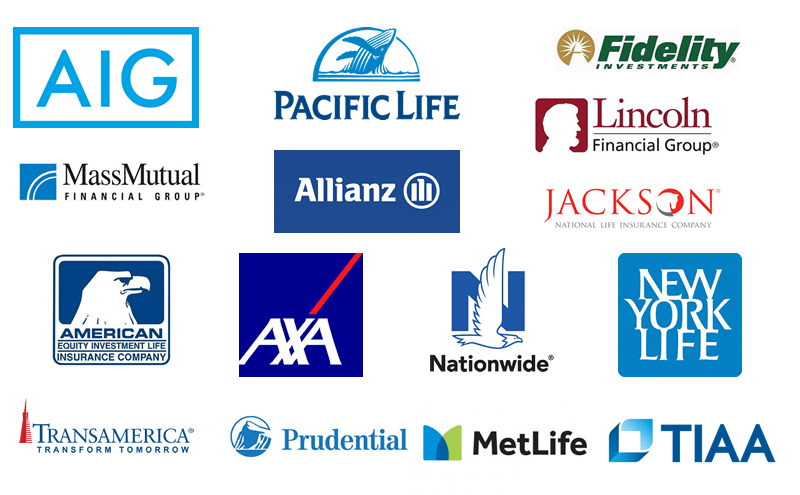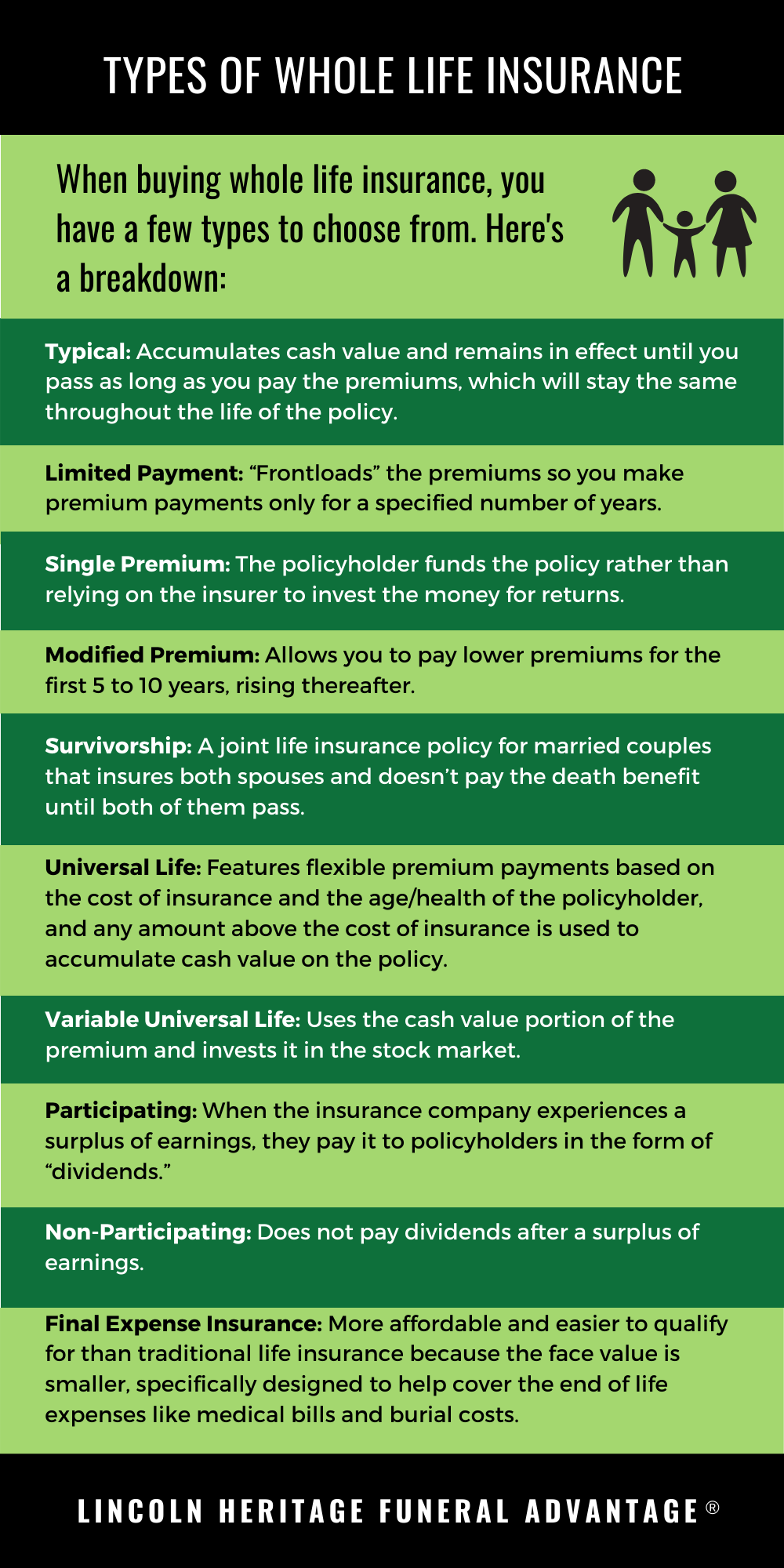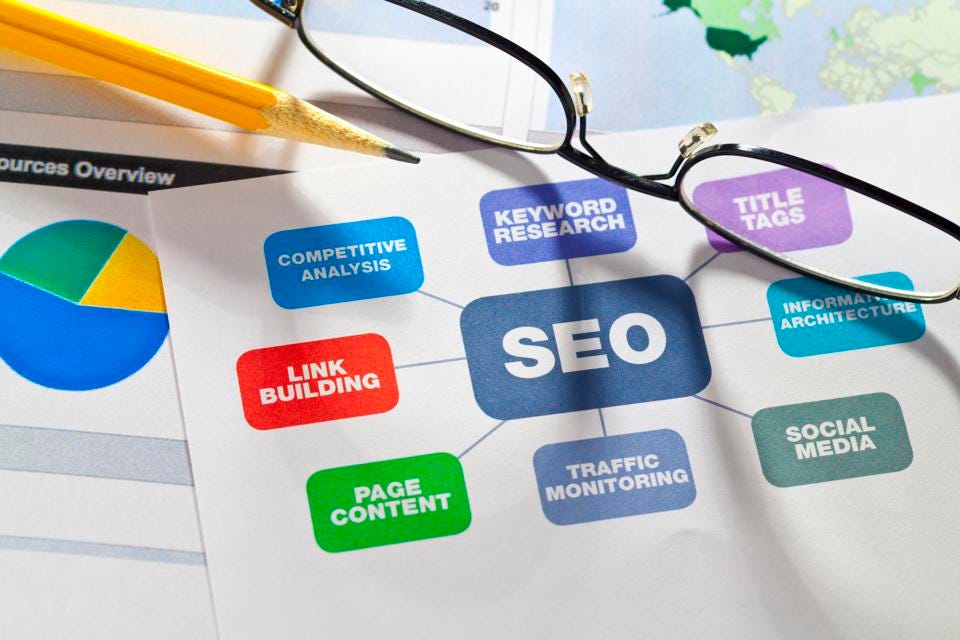Car Accidents in Florida
If you’ve ever driven in the Sunshine State, you know that Florida has a reputation for its high rate of car accidents. In 2021 alone, there were over 400,000 crashes reported. That’s more than 1,100 accidents every single day! What’s behind this alarming statistic?
There are a number of factors that contribute to Florida’s high accident rate. One is the state’s large and growing population. With over 21 million residents, Florida is the third most populous state in the nation. More people on the roads means more opportunities for accidents to happen.
Another factor is Florida’s tourism industry. Each year, millions of visitors flock to the state to enjoy its beaches, theme parks, and other attractions. This influx of tourists puts a strain on the state’s transportation system and can lead to congestion and accidents.
Finally, Florida’s weather can also play a role in car accidents. The state’s frequent thunderstorms and hurricanes can create hazardous driving conditions. Heavy rain, reduced visibility, and strong winds can all make it difficult to safely operate a vehicle.
What Can Be Done?
There are a number of things that can be done to reduce the number of car accidents in Florida. One is to improve the state’s transportation system. This includes investing in new roads and highways, as well as improving public transportation options. Another is to increase enforcement of traffic laws. Cracking down on speeding, distracted driving, and other dangerous behaviors can help to make the roads safer for everyone.
What to Do If You’re in a Car Accident
If you’re involved in a car accident, it’s important to stay calm and follow these steps:
- Pull over to the side of the road, if possible.
- Call 911 to report the accident.
- Exchange information with the other driver(s) involved.
- Take pictures of the accident scene.
- Get a copy of the police report.
- Contact your insurance company.
Causes of Car Accidents in Florida
Car accidents are a part of life in Florida, unfortunately. In fact, the state has one of the highest rates of traffic fatalities in the country. While there are many factors that can contribute to an accident, there are a few that stand out as the most common.
Distracted Driving: The Silent Killer
Distracted driving is one of the leading causes of car accidents in Florida, and it’s a problem that’s only getting worse. In 2020, there were over 50,000 crashes in the state that were caused by distracted driving, resulting in over 3,000 deaths.
There are many different things that can distract drivers, but the most common are cell phones, texting, and eating. When drivers take their eyes off the road, even for a few seconds, they’re putting themselves and others at risk.
Speeding: A Recipe for Disaster
Speeding is another major cause of car accidents in Florida, it’s a factor in nearly one-third of all fatal crashes. When drivers exceed the speed limit, they have less time to react to hazards and are more likely to lose control of their vehicles.
Drunk Driving: A Senseless Tragedy
Drunk driving is one of the most dangerous things anyone can do behind the wheel, yet it remains a leading cause of car accidents in Florida. In 2020, there were over 7,000 DUI-related crashes in the state, resulting in over 500 deaths.
Driving under the influence of alcohol or drugs impairs a driver’s judgment, coordination, and reaction time. This makes them more likely to cause an accident, and more likely to be seriously injured or killed in a crash.
Car Accidents in Florida: A Perilous Reality
Car accidents have become an alarmingly common occurrence in Florida, leaving a trail of shattered lives and damaged property in their wake. From bustling highways to quiet residential streets, these incidents pose a constant threat to motorists and pedestrians alike. The consequences of a car accident can be devastating, ranging from minor injuries to life-altering disabilities and even death.
Consequences of Car Accidents in Florida
The aftermath of a car accident can be a whirlwind of physical, emotional, and financial challenges. Victims may face a long and arduous recovery from their injuries, while others may grapple with the loss of a loved one. Property damage can be extensive, leaving vehicles totaled and personal belongings destroyed. The financial burden of medical expenses, lost wages, and legal fees can be crippling, adding to the already overwhelming stress of the situation.
Physical Injuries
Car accidents can inflict a wide array of physical injuries, from minor cuts and bruises to severe head trauma, spinal cord damage, and broken bones. The impact of a collision can send shockwaves through the body, causing internal bleeding, organ damage, and traumatic brain injuries. Recovery from these injuries can be a long and painful process, involving extensive medical treatment, rehabilitation, and therapy. In some cases, victims may suffer permanent disabilities that affect their ability to work, care for themselves, and enjoy life as they once did.
Property Damage
In addition to physical injuries, car accidents often result in significant property damage. Vehicles can be completely totaled, leaving victims without transportation and facing financial hardship. Other personal belongings, such as cell phones, laptops, and valuables, may also be damaged or destroyed. The cost of replacing or repairing these items can put a strain on the victim’s finances, especially if they were uninsured or underinsured.
Emotional Trauma
The emotional impact of a car accident can be profound and long-lasting. Victims may experience feelings of shock, disbelief, anger, and guilt. They may also develop anxiety, depression, and post-traumatic stress disorder (PTSD). These emotional scars can take years to heal, requiring professional counseling and support to overcome. In some cases, emotional trauma can have a debilitating effect on the victim’s quality of life, impairing their ability to work, socialize, and enjoy life.
Financial Hardship
The financial consequences of a car accident can be devastating. Victims may face medical expenses that soar into the tens or hundreds of thousands of dollars. They may also lose income due to missed work or an inability to perform their job. Repair or replacement of a damaged vehicle can add to the financial burden, especially if the victim was uninsured or underinsured. In some cases, victims may be forced to file for bankruptcy or take on overwhelming debt to cover the costs of the accident.
Car Accidents in Florida: Navigating Liability and Legal Remedies
Imagine driving down a Florida road, minding your own business, when suddenly—BAM! A car accident jolts you out of your complacency. In the aftermath of such a collision, determining responsibility becomes paramount. Florida’s legal landscape for car accidents, however, presents its own unique set of complexities, rooted in the state’s no-fault insurance system.
Liability for Car Accidents in Florida
Florida’s no-fault insurance system is designed to streamline the claims process by ensuring that all drivers have coverage for their own injuries, regardless of who caused the accident. This means that, initially, you will file a claim with your own insurance company, regardless of fault. However, this system does not absolve drivers from potential liability in certain situations.
Exceptions to the No-Fault System
While the no-fault system generally governs car accident liability in Florida, there are exceptions. If you suffer serious injuries that meet certain thresholds, such as permanent disfigurement or disability, you may be able to pursue a claim against the at-fault driver. Additionally, if the other driver was intentionally reckless or intoxicated, you may also have grounds for a liability claim.
Determining Fault
Establishing fault in a car accident can be a complex undertaking. Insurance companies and courts will typically assess a range of factors, including witness statements, police reports, and evidence from the scene of the accident. Comparative negligence principles may also come into play, where both drivers are found to share some degree of fault.
Pursuing a Liability Claim
If you believe that you have a valid liability claim after a car accident in Florida, it’s crucial to seek legal advice promptly. An experienced attorney can guide you through the complexities of the legal system, help you gather evidence, and advocate for your rights. Remember, time is of the essence, as statutes of limitations apply to car accident claims.
Car Accident in Florida: What to Do After an Impact
Are you involved in a Florida car accident? Alas, you’re not alone, as the Sunshine State clocks in near the top for auto collisions. Knowing what to do after the initial impact can help protect you, your passengers, and others. Here’s a roadmap to guide you:
Steps to Take After a Car Accident in Florida
In the aftermath of a car crash, it’s easy to feel overwhelmed. But taking these steps can make all the difference:
- Pull Over and Stay Calm: After an accident, pull over to the side of the road if possible. Stay composed and gather your wits.
- Call the Police: Report the accident promptly by calling 911. Police will create a report that may be crucial for insurance and legal purposes.
- Exchange Information: Get the other driver’s name, insurance info, license number, and contact details. It’s also helpful to take photos of the accident scene for documentation.
- Check for Injuries: Assess yourself and your passengers for injuries. If you or anyone else needs medical attention, don’t hesitate to call for an ambulance.
- Contact Your Insurance Company: Notify your insurance provider about the accident as soon as possible. They’ll guide you through the claims process and help you get your vehicle repaired or replaced.
If You’re Injured in a Car Accident
In the unfortunate event of sustaining injuries, here’s what to do:
- Seek Medical Attention: Get proper medical treatment for all injuries, even if they seem minor. Some injuries may not show symptoms right away.
- Document Your Injuries: Keep records of your doctor’s visits, medical bills, and any other expenses related to the accident.
- Consider Legal Advice: If you’ve suffered significant injuries or the other driver was clearly at fault, consider consulting an attorney to protect your rights and pursue compensation.
- File a Claim: File a claim with your insurance company and provide them with documentation of your injuries and expenses.
- Be Patient: Recovery from a car accident takes time and patience. Follow your doctor’s orders, attend physical therapy if needed, and don’t rush the process.
Car Accident in FL: A Guide to Getting the Help You Need
Can you imagine being involved in a car accident? It’s a frightening and stressful experience that can leave you feeling lost and overwhelmed. If you’ve been in a car accident in Florida, it’s important to know that you’re not alone. There are a number of resources available to help you get the help you need.
Getting Help After a Car Accident in Florida
There are a number of resources available to help victims of car accidents in Florida, including insurance companies, lawyers, and medical professionals.
1. Insurance Companies
Your insurance company can help you file a claim and get the compensation you deserve. They can also help you find a doctor or lawyer if you need one.
2. Lawyers
A lawyer can help you protect your rights and get you the best possible outcome in your case. They can also help you deal with the insurance company and other parties involved in the accident.
3. Medical Professionals
If you’ve been injured in a car accident, it’s important to see a doctor as soon as possible. A doctor can diagnose your injuries and recommend the best course of treatment.
4. Other Resources
There are a number of other resources available to help victims of car accidents in Florida, including:
- The Florida Department of Highway Safety and Motor Vehicles (FLHSMV)
- The Florida Bar Association
- The Florida Medical Association
5. What to Do After a Car Accident
If you’re involved in a car accident, it’s important to:
- Stay calm and don’t panic.
- Check for injuries and call 911 if necessary.
- Exchange information with the other driver(s) involved.
- Take pictures of the accident scene.
- Get a copy of the police report.
6. Dealing with the Insurance Company
Dealing with the insurance company after a car accident can be a challenge. Here are a few tips to help you:
- Be prepared to provide the insurance company with information about the accident, including the date, time, location, and other details.
- Be honest and accurate in your answers to the insurance company’s questions.
- Don’t sign anything without first talking to a lawyer.
- Keep a record of all communications with the insurance company.
Dealing with a car accident can be a difficult and stressful experience. However, by following these tips, you can get the help you need and get back on your feet as quickly as possible.




Leave a Reply